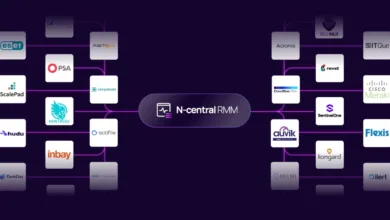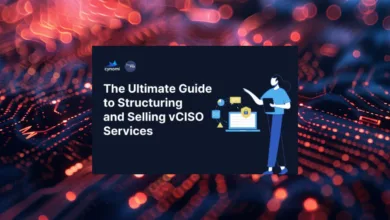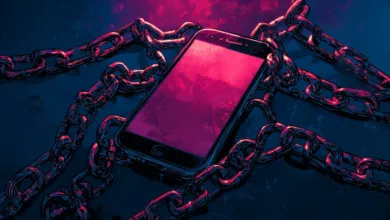ELENOR-Crop Ransomware: Mimic & Pay2Key Threat Analysis

▼ Summary
– A user’s computer was infected by ELENOR-corp ransomware, which encrypted their files and demands payment for decryption.
– The attackers provided a unique decryption ID and instructed the user to contact them via email at Arleon@tuta.io to purchase a decryption tool.
– The message warns against scanning files with antivirus software, renaming encrypted files, or using third-party decryption tools to avoid permanent data loss.
– The attackers claim their company values its reputation and guarantees file decryption if the user cooperates quickly.
– They emphasize that paying for their decryption service is the only method to recover the encrypted files.
A recent surge in cyberattacks has seen the emergence of ELENOR-Crop ransomware, a malicious software variant causing significant disruption for individuals and organizations alike. This threat employs sophisticated encryption techniques to lock victims out of their critical data, followed by coercive ransom demands for decryption keys. Understanding its behavior, communication patterns, and recommended response strategies is essential for mitigating damage and preventing further compromise.
Victims typically discover they have been targeted when they find their files encrypted and receive a threatening message from the attackers. The note often begins with a misleadingly friendly salutation, such as “Hello my dear friend,” before delivering an ultimatum. A common warning included is: “Do not scan the files with antivirus in any case.” This instruction aims to prevent victims from seeking help through conventional security tools, increasing the pressure to comply with the hackers’ demands.
The message clearly states that the data has been encrypted by ELENOR-Corp and provides a unique decryption identifier. Attackers claim that the victim’s system had a “major IT security weakness,” though such statements are often generic and intended to create fear rather than reflect a specific vulnerability. The only recovery method presented is to purchase a decryption tool and a unique key directly from the threat actors.
Communication is directed through a designated email address, in this case Arleon@tuta.io. The attackers emphasize urgency, suggesting that faster contact will result in “more favorable conditions.” They also caution against renaming encrypted files or using third-party decryption software, warning that such actions could lead to permanent data loss. To build a false sense of trust, the message concludes with assurances that the group values its reputation and guarantees decryption upon payment.
Security professionals strongly advise against paying ransoms, as doing so funds criminal activity and does not guarantee file recovery. Instead, affected users should isolate infected systems, report the incident to relevant authorities, and consult with cybersecurity experts for possible decryption alternatives or data restoration from backups.
(Source: Bleeping Computer)






